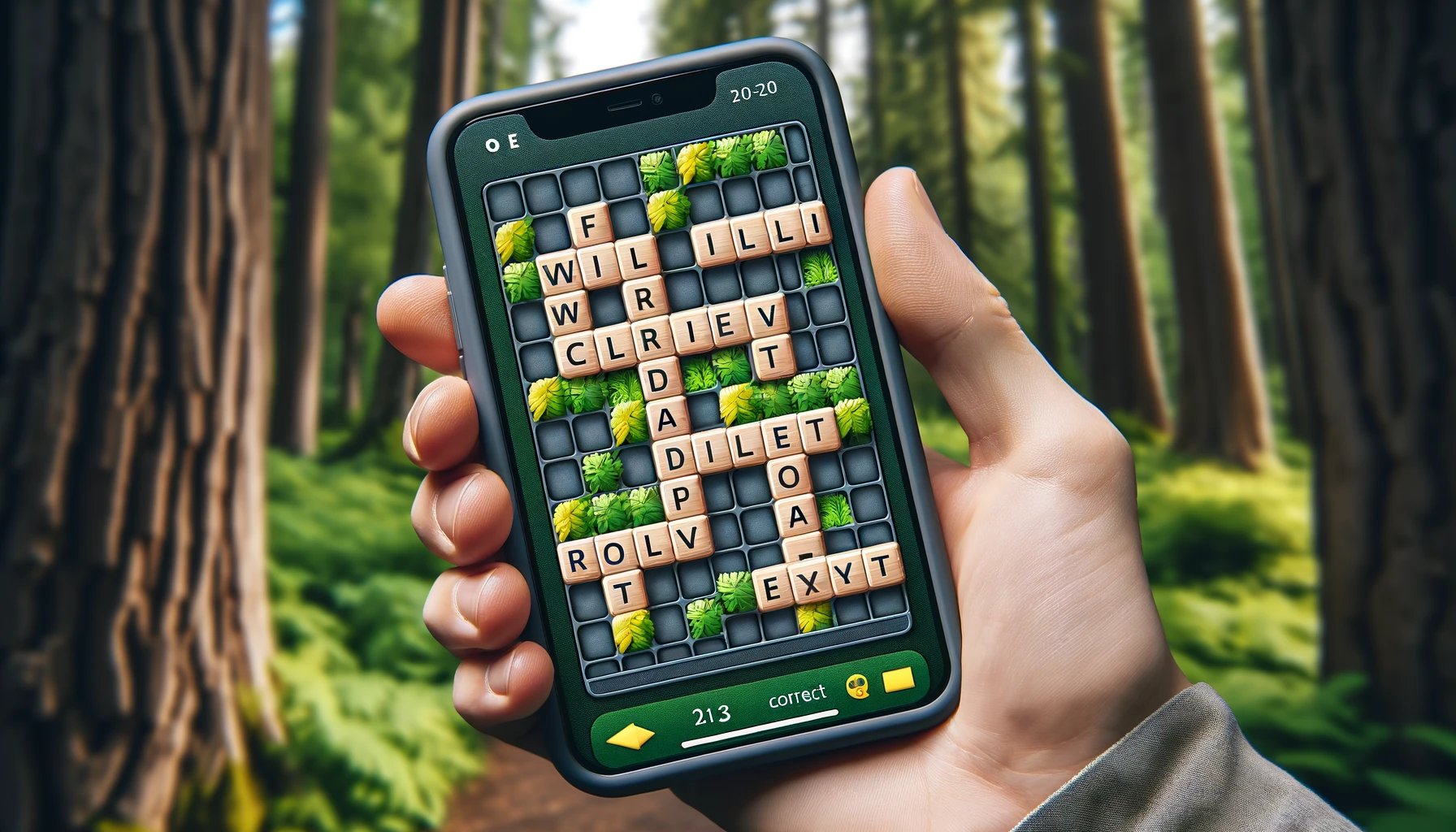The answer to today’s Wordle puzzle, which has engaged numerous players, is “FINCH.” After a series of attempts that led to a mix of emotions and near-defeat, the solution became apparent, revealing the name of a petite songbird. With the provided hints and strategic tips, players navigated through the challenge, ultimately aiming for a triumphant start to their weekend in the puzzle-solving world.
The cultural impact of Wordle has been remarkable since its inception. Although initially a personal project, it quickly escalated into an international sensation, capturing the daily attention of word enthusiasts. This can be seen in the trends where players often search for tips and tricks to enhance their gameplay and increase their success rate. The evolution of the game’s popularity has led to a broader discussion on the strategies around word-guessing games and their place in our daily lives.
What’s Unique About Today’s Clue?
Today’s hint required players to think avian and identify a small songbird, which led to the solution “FINCH.” The clue was crafted to direct players towards the realm of ornithology, challenging their knowledge of bird species and their descriptive attributes, such as the beak shape mentioned. This component of the game underscores the diversity of daily puzzles and the cognitive agility required to solve them.
What Tips Enhance Wordle Performance?
Strategies for conquering Wordle include choosing an opening word rich in vowels and consonants, making an informed second guess, and considering the possibility of repeated letters in the solution. These approaches help streamline the process of elimination and guide players closer to the day’s word. When faced with uncertainty, players are encouraged to take a step back from the game, akin to setting aside a newspaper crossword, and return with a refreshed perspective.
How Can Past Solutions Inform Today’s Game?
Knowledge of past Wordle answers is a powerful tool for players. It prevents the repetition of previous solutions and provides a repository of strong starting words to keep the game experience novel. This aspect of the game emphasizes the importance of memory and pattern recognition in mastering the art of Wordle.
Reflecting on the scientific community’s interest in such phenomena, a pertinent study published in the “Journal of Cognitive Enhancement,” titled “The Cognitive Benefits of Interacting With Word Puzzles,” offers insights into the cognitive processes involved in playing word-based puzzles. The paper elucidates how regular engagement with such games can fortify cognitive functions, including memory, problem-solving, and pattern recognition—skills directly applicable to the daily challenges Wordle presents to its players.
Useful Information for the Reader
- Starting with a word containing a balanced mix of vowels and consonants can be advantageous.
- Having awareness of past answers to Wordle can prevent repetition and aid in strategic gameplay.
- Scientific studies suggest that engaging with word puzzles routinely may enhance cognitive skills.
Wordle, the widely popular word-guessing game, illustrates the intersection of leisure and cognitive exercise. As players strive to decode the daily word, they tap into a broad spectrum of skills, from linguistic knowledge to strategic reasoning. This dynamic interplay not only provides an entertaining break in one’s day but also serves as a subtle form of mental workout. For those seeking to refine their gameplay, the practices of absorbing past Wordle answers into one’s repertoire and approaching the game methodically can yield significant dividends. Moreover, the cognitive advantages linked to regular engagement with word puzzles, as highlighted by academic research, underscore the value of incorporating such activities into daily routines for mental sharpness and agility.










